 SuperAgers have ‘super’ neurons that stave off Alzheimer’s
SuperAgers have ‘super’ neurons that stave off Alzheimer’s
“SuperAgers” are resistant to developing Alzheimer’s disease and have good memories. According to a study from Northwestern Medicine, these traits are genetic. Read More
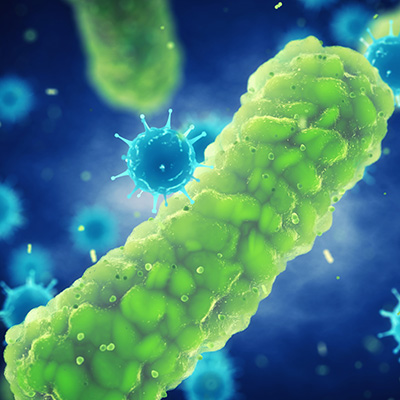 Swiss researchers discover how pathogens poison cells
Swiss researchers discover how pathogens poison cells
Swiss researchers have discovered the mechanism by which pathogens exploit a key cellular process to poison cells, furthering understanding of host-pathogen interactions and fundamental biological processes. Read More
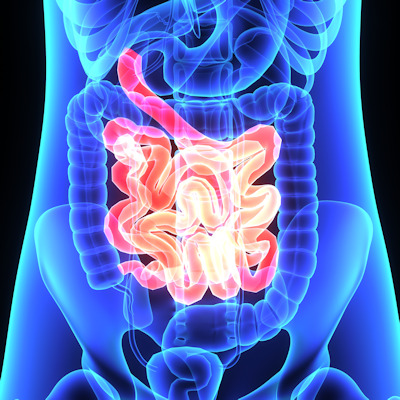 ‘RoboCap’ tunnels through mucus barrier to deliver large protein drug
‘RoboCap’ tunnels through mucus barrier to deliver large protein drug
Massachusetts Institute of Technology researchers have created a capsule that tunnels through the mucus barrier in the gastrointestinal tract and allows large protein drugs such as insulin to be delivered to the small intestine. Read More
 Fixing 'junk' DNA breaks can protect and treat dementia
Fixing 'junk' DNA breaks can protect and treat dementia
Fixing breaks in so-called “junk” DNA could protect people from neurological diseases and lead to earlier detection, intervention, and the development of therapeutic treatments for disorders such as dementia, Alzheimer’s disease, and others, a new study finds. Read More
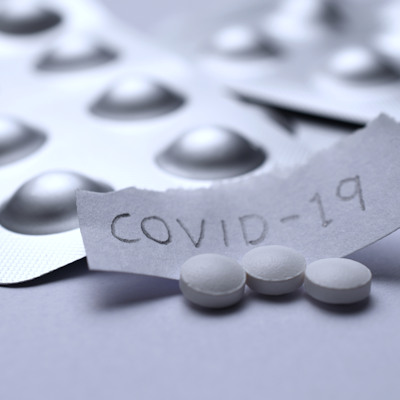 New drug turns COVID-19 virus against itself in animal models
New drug turns COVID-19 virus against itself in animal models
A Scripps Research team showed that NMT5, a variation of a previously approved drug, can cause the COVID-19 virus to block infection in animals and bring about its own demise. Read More
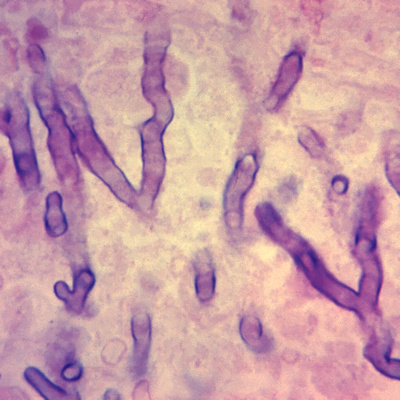 Pan-cancer mycobiome atlas shows potential of diagnostic, therapeutic applications for fungi
Pan-cancer mycobiome atlas shows potential of diagnostic, therapeutic applications for fungi
An international team of scientists has created a pan-cancer mycobiome atlas -- a survey of 35 types of cancer and their associated fungi. The study opens the door to using fungi as a diagnostic, prognostic, and therapeutic tool. Read More
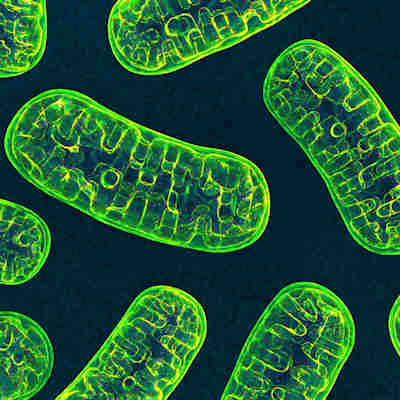 Mitochondria shape influences autoimmune disorders: study
Mitochondria shape influences autoimmune disorders: study
The shape and function of the immune system’s Th17 mitochondria play a key role in autoimmune and inflammatory disorders such as multiple sclerosis, new research suggests. Read More
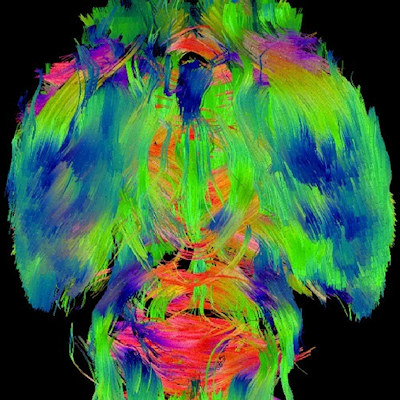 Researchers successfully deliver protein to mouse brains
Researchers successfully deliver protein to mouse brains
Texas researchers were able to successfully deliver a protein quickly, effectively, and briefly into mouse brains. The finding has implications for repairing spinal cord injuries and neurotrauma in humans, according to the study’s authors. Read More
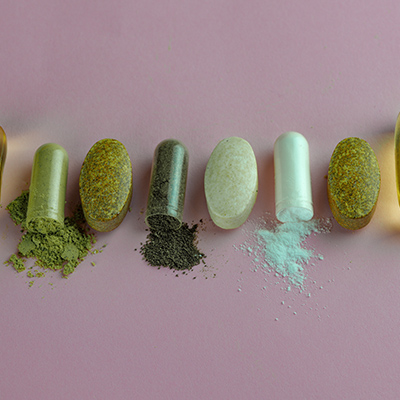 Non-psychedelic compound has similar antidepressant effect as psychedelics in mice
Non-psychedelic compound has similar antidepressant effect as psychedelics in mice
Researchers have developed a new non-psychedelic compound that hits the same brain cell target as psychedelic drugs, triggering lasting antidepressant effects in mice but without hallucinations. Read More
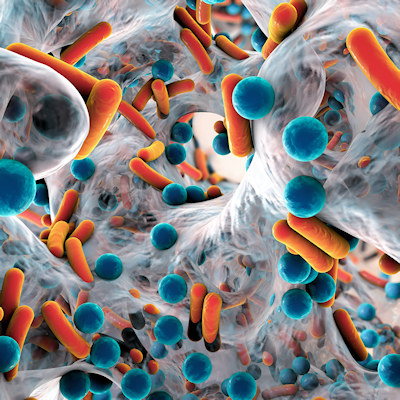 Researchers visualize atomic details of how antibiotics affect protein production in bacteria
Researchers visualize atomic details of how antibiotics affect protein production in bacteria
For the first time, EMBL Heidelberg scientists have visualized at atomic detail how antibiotics affect the process of protein production inside bacterial cell, according to a study published September 28 in Nature. Read More
Member Rewards
Earn points for contributing to market research. Redeem your points for merchandise, travel, or even to help your favorite charity.
Research Topics
Interact with an engaged, global community of your peers who come together to discuss their work and opportunities.
Connect
Tweets by @ScienceBoard



